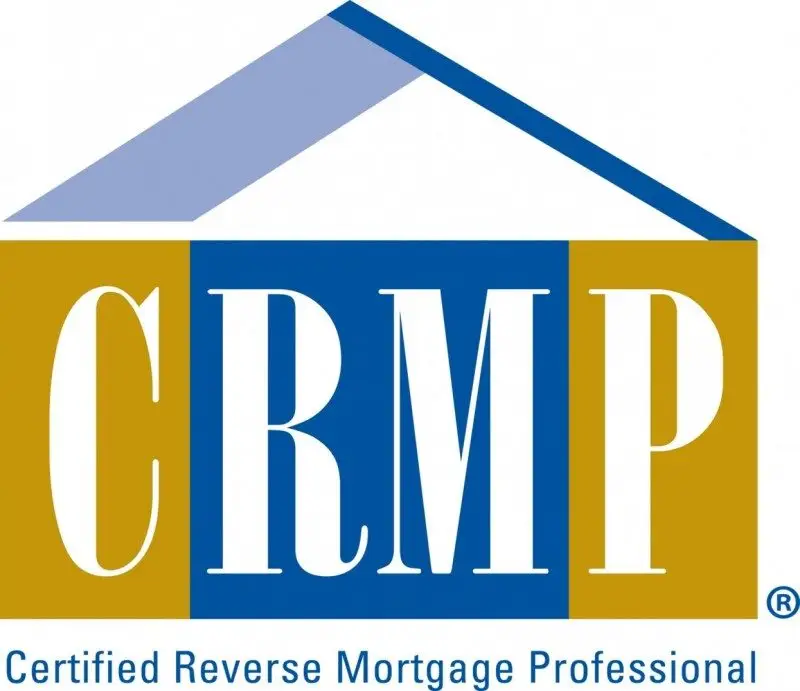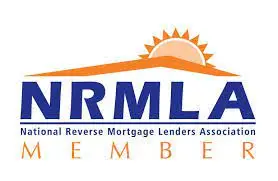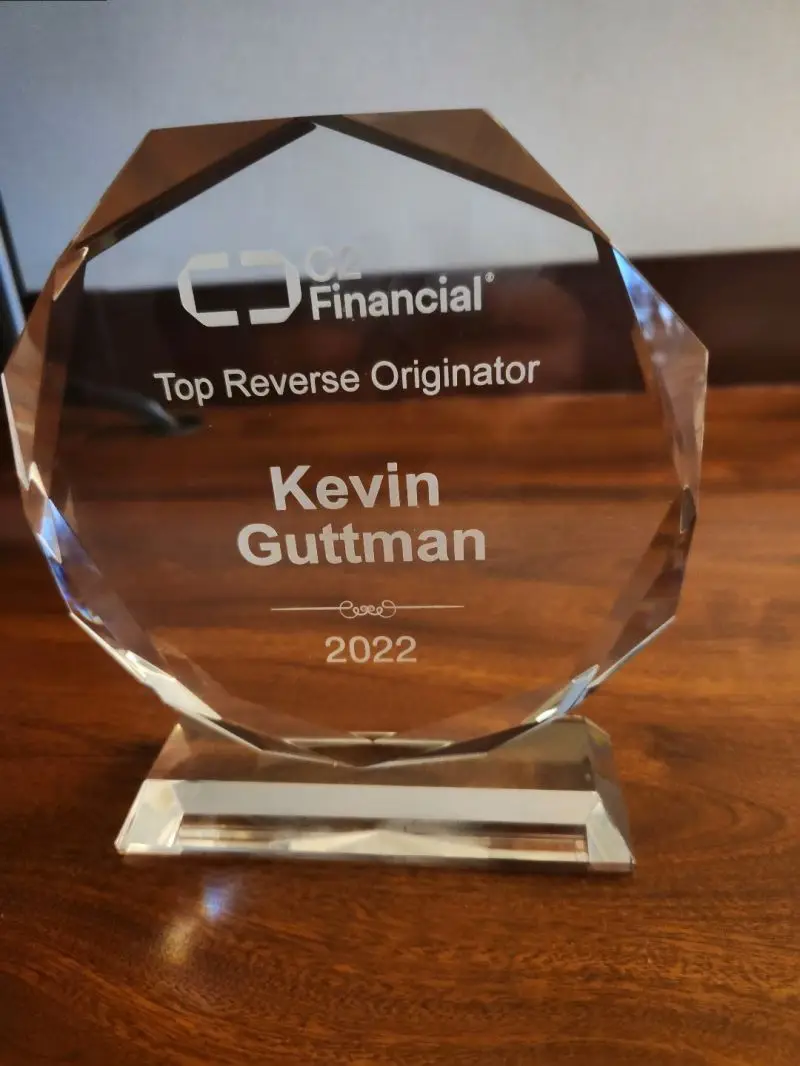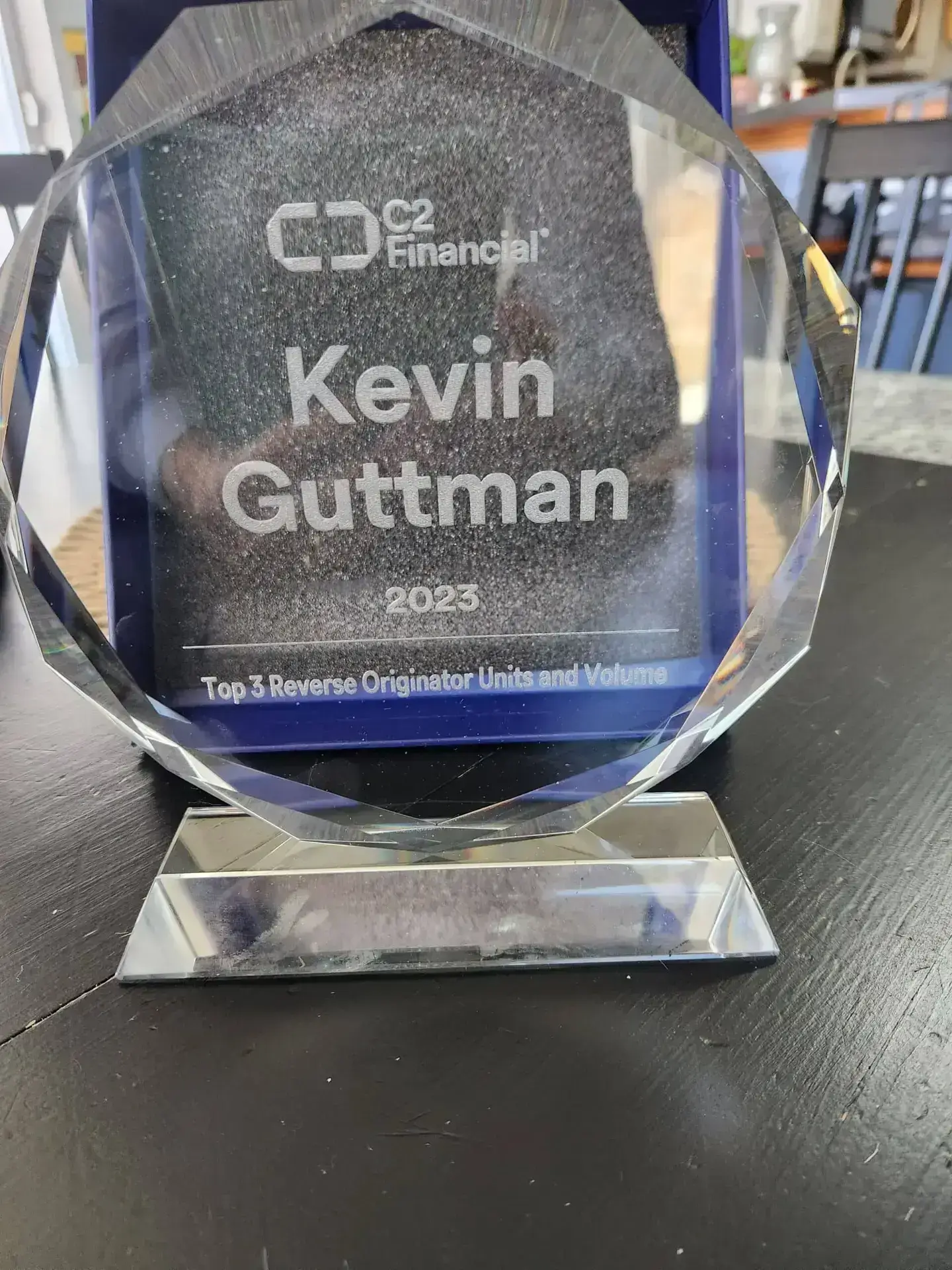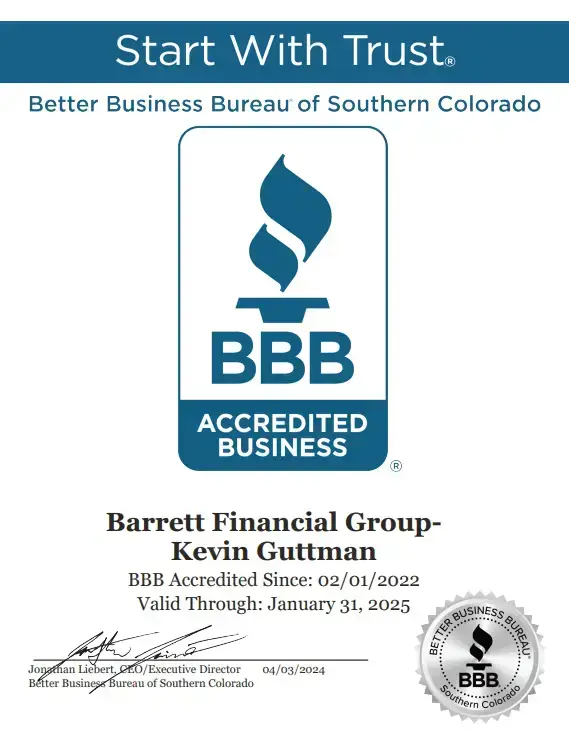For many retirees, this chapter of life is not about staying in one place. It is about freedom, change, and finding the right home for the next stage of life. Some want to downsize into a smaller, easier-to-manage space. Others dream of moving closer to family, or enjoying a new lifestyle in a sunny, peaceful community.
However, buying a home in retirement can feel out of reach for many people. Mortgage rates remain above six percent in most markets, and qualifying for a new loan on a fixed income can be difficult. Many older homeowners find that traditional financing options simply do not fit their retirement plans.
At the same time, today’s retirees hold more wealth in their homes than ever before. The average homeowner now has over three hundred thousand dollars in home equity, and those who have owned their homes for decades often have far more. That equity can become a powerful financial tool, and one unique option available only to seniors is the reverse mortgage.
Most people know that a reverse mortgage allows homeowners to access the equity in their current home, but what if you want to buy a new one? Can you use a reverse mortgage to purchase a home? The answer is yes, but it requires a special type of reverse mortgage loan.
How Retirees Can Use a Reverse Mortgage to Buy a Home
Retirees can use a reverse mortgage to buy a home through a program called a HECM for Purchase. HECM stands for Home Equity Conversion Mortgage, the most common reverse mortgage insured by the Federal Housing Administration (FHA).
With a HECM for Purchase, you can buy a new primary residence without taking on monthly mortgage payments. Instead of applying for a traditional mortgage and paying principal and interest each month, you use a combination of a down payment and the reverse mortgage proceeds to purchase your new home.
You continue to own the home, remain responsible for property taxes, insurance, and maintenance, and you can live there for as long as you wish. The loan is repaid later, usually when the home is sold or you move out permanently.
This type of loan can be especially appealing in today’s market. With higher mortgage rates and fixed retirement income, removing monthly payments can provide valuable financial flexibility.
How a HECM for Purchase Works
Here is a simple example. Suppose you are seventy-two and want to buy a home valued at four hundred thousand dollars. You would typically need to contribute between forty-five and sixty-two percent as a down payment, depending on your age and current interest rates. That would equal about one hundred eighty thousand to two hundred forty thousand dollars. The reverse mortgage would cover the rest, and you would not owe any monthly payments.
Many retirees use proceeds from selling their previous home to fund the down payment. This allows them to move into a new home that better fits their needs while keeping extra savings available for daily living expenses, travel, or healthcare.
This approach works particularly well for homeowners who are “house rich but cash limited.” It allows them to turn built-up home equity into a more comfortable and flexible retirement without draining savings.
Who Qualifies for a HECM for Purchase?
Not every retiree will qualify for this type of reverse mortgage. The FHA sets clear rules to protect both borrowers and lenders. To qualify, you generally must:
-
Be at least sixty-two years old
-
Plan to use the new home as your primary residence
-
Have enough funds for the required down payment (usually between forty-five and sixty-two percent)
-
Complete HUD-approved reverse mortgage counseling before closing
-
Be able to maintain the home and stay current on property taxes, insurance, and homeowners association dues if applicable
Vacation homes and investment properties are not eligible for this type of loan.
Why a HECM for Purchase Can Be a Smart Option
A reverse mortgage for purchase can be an excellent solution for retirees who want to relocate without taking on new debt payments. It allows you to right-size your home while maintaining more liquidity in retirement.
Many of Kevin Guttman’s clients in Colorado Springs and across Colorado have used this program to move closer to family or to homes that are easier to maintain. Because there are no monthly payments, it can also help protect cash flow and reduce financial stress during retirement.
The Bottom Line
Yes, retirees can use a reverse mortgage to buy a home. However, it must be done through a HECM for Purchase, a specialized program designed for older homeowners. It can be a powerful financial tool when used strategically, but it is not the right fit for everyone.
The program works best for retirees who plan to stay in the home for many years and who can manage ongoing property expenses. Before proceeding, it is important to meet with a HUD-approved counselor and speak with a qualified reverse mortgage professional to ensure this option aligns with your long-term goals.
For honest, expert guidance, reach out to Kevin Guttman, Certified Reverse Mortgage Professional (CRMP), based in Colorado Springs. Kevin helps retirees across Colorado make informed financial decisions that bring more comfort and freedom in retirement.
Have questions about using a reverse mortgage to buy a home?
Contact Kevin Guttman today through ReverseMortgageRevolution.com for personalized guidance and a no-pressure consultation.
- Phone: (719) 302-5820
- Website: Reverse Mortgage Revolution
- Reverse Mortgage Quick Quiz
- Home Equity Quick Quiz
Final Thought
A reverse mortgage can be a safe, flexible, and empowering solution — when it’s the right fit. Whether you want to reduce financial stress, eliminate payments, or simply enjoy more comfort in retirement, understanding how a reverse mortgage works is the first step.
Have questions? Kevin Guttman is here to help. As a Certified Reverse Mortgage Professional licensed in 18 states HI, WA, OR, CA, ID, UT, AZ, CO, NM, KS, OK, TX, TN, AL, FL, MI, OH, and PA. Get in touch today for a free quote in minutes. Kevin offers clarity, transparency, and personalized advice you can count on.









